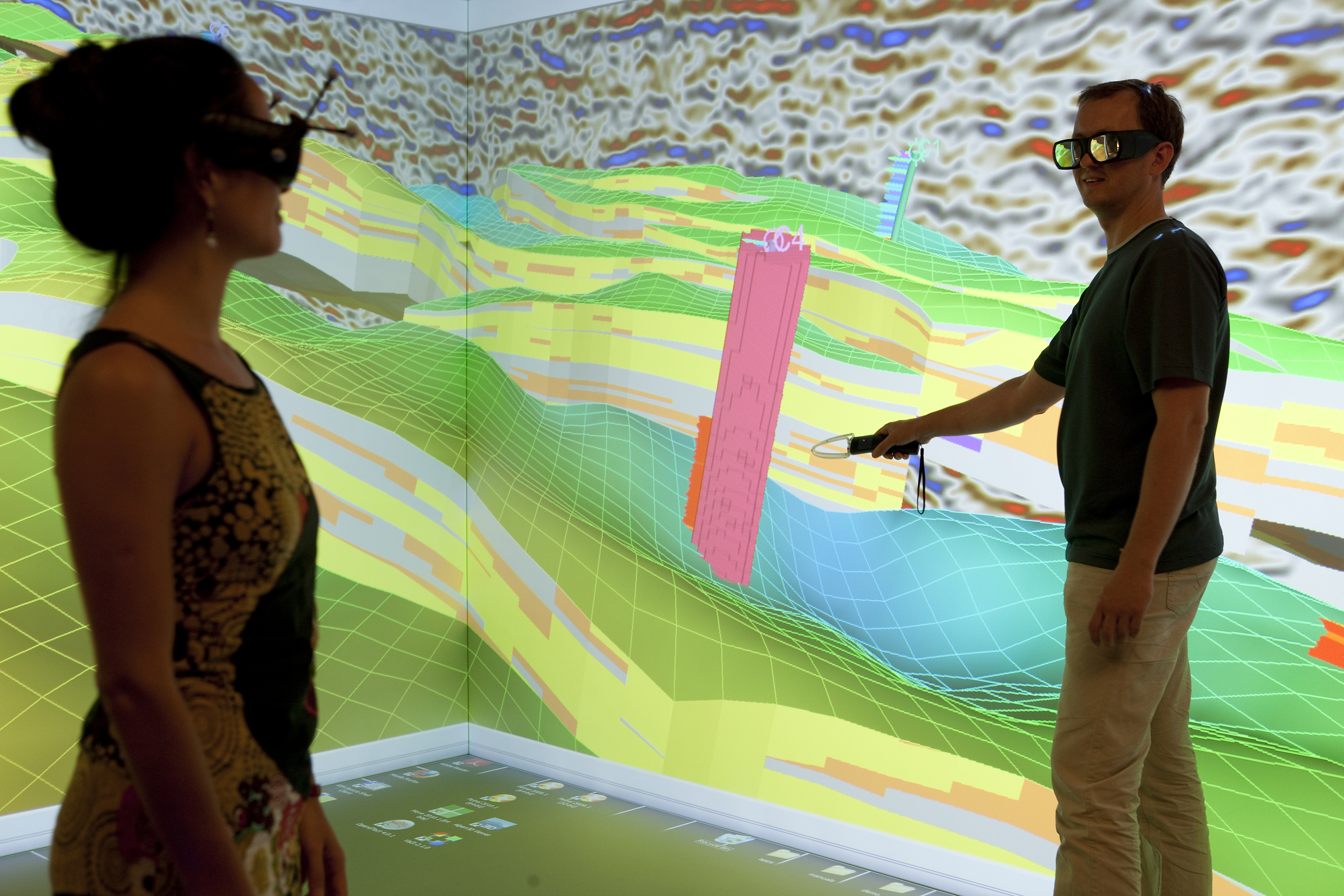Successful Partnership Between DFG and CONICET – New Call for Proposals and Jointly Funded Research Training Group
Call open until 5 April for the funding of up to ten German-Argentinian research projects
(05.03.19) Until 5 April 2019, as part of a joint call issued by the DFG and its Argentinian partner organisation CONICET, applicants are invited to submit funding proposals for joint research projects in physical chemistry, materials science and materials engineering, geosciences, neuroscience, molecular and clinical infectiology and immunology, and the humanities and social sciences. The relevant funding programmes offered by the DFG and CONICET are the research grant programme and Programas de Cooperación Bilateral.

Researchers from the IRTG StRATEGy have developed a 3D model of the Andean foreland basin
© StRATEGy
The partnership between the DFG and CONICET, which began in 1987, has already produced a number of innovative projects in various fields of research. One notable example is the first German-Argentinian International Research Training Group (IRTG), entitled “Surface Processes, Tectonics and Georesources: The Andean foreland basin of Argentina”, better known by the acronym StRATEGy. On the Argentinian side, the project is being funded through the CONICET funding line Grupo Internacional de Investigación (GII).
The participants in the programme, introduced in 2015, include researchers in geology, palaeontology, geochemistry, sedimentology, seismology and economic geology from six universities in Germany and Argentina. The aim is to study past and current processes associated with environmental change in the Andean foreland basin.
So far, the DFG has invested approximately €5.3 million in the joint Research Training Group, which combines excellence in research with the training and joint supervision of doctoral researchers from Germany, Argentina, Colombia, Spain, France, the USA and Iran. “Both sides benefit from the scientific collaboration. Here, the visiting researchers gain access to unique geological formations. In Germany, members from the Argentinian side can take advantage of modern analytical tools and familiarise themselves with new techniques,” explains Mónica López de Luchi, a professor at the University of Buenos Aires and the project coordinator in Argentina.
The Andes provide an outstanding natural laboratory in which to investigate various tectonic and climatic processes that affect the Earth’s surface. The world’s longest mountain chain is characterised by continuous yet varied tectonic activity, the impacts of which can be observed through topography, precipitation volume and erosion.
Manfred Strecker, a professor at the University of Potsdam and StRATEGy coordinator in Germany, emphasises the importance of detailed research in the region in view of climate change and the associated environmental impacts: “Mountains serve as indicators of change because they document the effects of climate and tectonic activity on the Earth’s surface.”
In addition to the recording of these phenomena, the project is also of tremendous social relevance: according to Strecker, the Andes are a highly dynamic region in which nearly 70% of the population live in risk areas for natural disasters.
This is why it is important to the project team to communicate their findings to the public. “Decision-makers can only respond to the needs of a globalised society if research provides them with scientific data for the purposes of risk calculation. So we always encourage our doctoral researchers to get involved in science communication and engage in dialogue with local communities, for example by offering courses,” says Strecker.